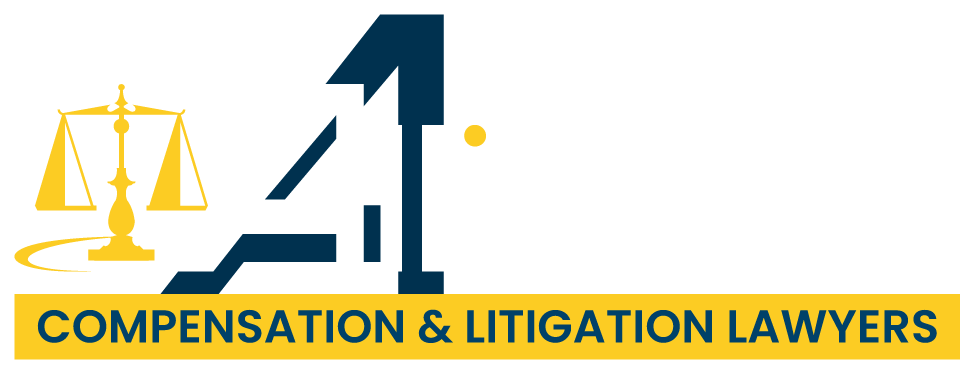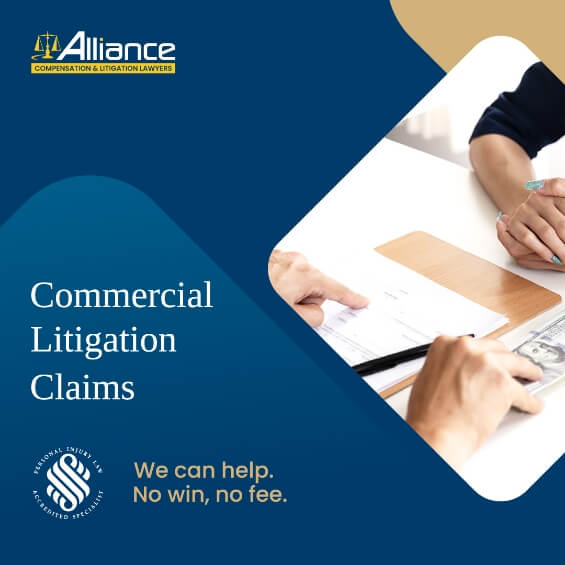
When people think of workers compensation claims, they often think of it in the context of an employee getting injured whilst under the employment of an employer.
But then, what happens if you are an employer, and you get injured?
Are you still covered in terms of workers compensation?
These are questions we get asked time after time. The good news is, that yes employers are covered under the workers compensation system in NSW however, it would depend on several factors.
For instance, let’s take ‘John’ the Electrician as an example:
- John is a self-employed contractor doing work for Homes Pty Ltd when injured at work. John sends invoices to Homes Pty Ltd using his ABN. The question is then whether John is considered an employee of Homes Pty Ltd or a self-employed contractor. To prove that he is a “deemed employee” of Homes Pty Ltd, it would be necessary to show that John is treated as if he is an employee. For example, if John uses the materials and tools supplied by Homes Pty Ltd, is paid consistently for a specific time period and works exclusively for Homes Pty Ltd then he is more likely to fall under the “deemed employee” criteria and will be covered for workers compensation benefits.
- What if John operates as a Sole trader with no employees? If this is the case, then John will not be covered for workers compensation.
- Finally, what happens if John operates his own business, Electrics Pty Ltd and is working his own company when injured? In this case, John’s ability to make a workers compensation claim would depend on whether he is an employee of Electrics Pty Ltd and whether he is covered under Electrics Pty Ltd.’s workers compensation policy.

More recently, we achieved an outstanding result for one of our client’s. Our client was a self-employed Painter who operated his own company much like in example 3 above. Our client was the only Company Director and had no employees. However, he was covered for workers compensation as his workers compensation policy covered Working Directors. Once his workers compensation claim settled, we were able to pursue a Work-Injury Damages Claim (WIDC) on his behalf.
The difficulty in pursuing a WIDC is that the most significant element of a WIDC is proving that there was an element of negligence which caused the accident to occur. While our client achieved well over the 15% whole person impairment threshold needed to make a work-injury damages claim there was a liability dispute. Essentially, it had to be proven that the employer being our client’s own company was at fault for our client to make a claim.
The biggest challenge in pursuing a WIDC for a self-employed injured worker is the element of liability. For that reason, a significant compromise usually needs to be made with these types of matters. Still, we were able to achieve a great result for our client being $325,000.00 for past and future loss of economic loss and past and future loss of superannuation.
At Alliance Compensation and Litigation Lawyers, we are specialists in workers compensation claims and WIDC’s.
We understand that being injured at work can be an already daunting experience and being self-employed can make the stress levels accelerate significantly. We can make this stressful situation a little easier. We can help clarify any issues or concerns and will advise you on the best course of action.
Please contact our team for further advice.


















